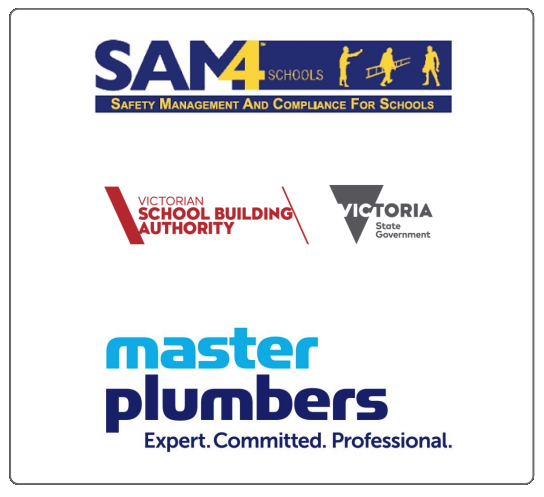Helpful Information and Tips
Prevent Household Water Scalding
Every year small children and the elderly suffer serious scalding by high temperatures being set on household hot water taps. What’s more worrying is more than 90% of all scalds occur in the bathroom.When a hot water tap is set too high children and the elderly don’t have the fast reactions or knowledge to be able to act quickly and avoid serious harm. Hot water at 60ºC takes only one second to cause a full skin thickness scald to a child
How do we protect ourselves at home?
Reduce the top temperature from 60ºC to 50ºC. It will immediately give both children and the elderly more time to adjust. Generally it will take up to five minutes before serious scalding occurs at this level, which allows time to react. This temperature reduction needs to apply to your bathroom bath, shower, hand basin.
Bear in mind that 50ºC on its own is still very hot so cold water still needs to be mixed in with it to get it to the temperature that’s needed to take a shower, bath or to warm wash your hands. The best temperature for bathing a young child is 30ºC so mixing your cold in is critical.
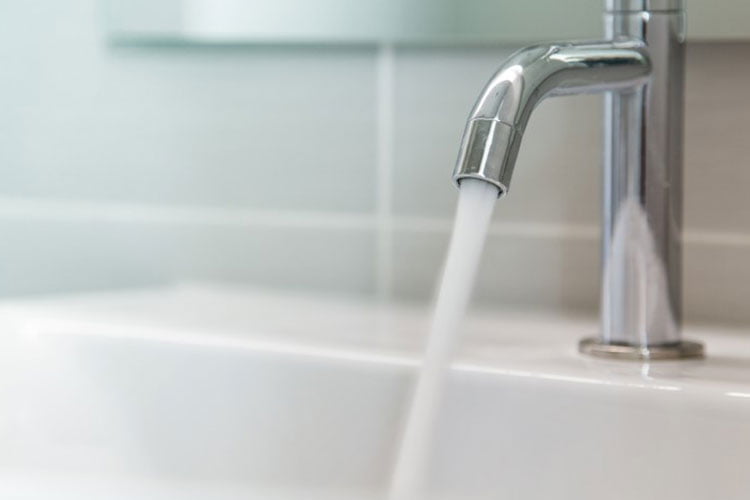
Best ways to control hot water temperature
Over the years we’ve found these three ways to work well:
- Install what’s called a “tempering valve” to reduce the hot water temperature.
- Install a “thermostatic mixing valve” – they can be set to deliver hot water at safe precise temperatures.
- You can also install a device that shuts off the water if it exceeds a safe temperature.
To find out more about installing one of these three mechanisms or to checking if you already have those in your building, please contact us on 1800 319 522.
Save time and money on taps
There are a few simple things that you can do with your taps to make them last longer and work better. Checking that your taps are in good shape every 2 years is a good rule of thumb, but this can vary depending on the water pressure and how frequently you use the tap.
How to service a tap
There’s more to servicing a tap than meets the eye. It’s true the washer is important to upkeep because many types of taps have washers that break easily. And when they break that you can’t turn the tap off and wind up calling emergency services (which costs heaps more than a normal service call out).

Steps that save you money
- Completely dismantle and clean your tap.
- Replace all ‘O’ rings and seals.
- Replace tap washer with a quality, durable brass type.
- Pack the spindle with a quality lubricant which will not break down, as some do.
- Check the tap seat and reseat if required.
- Seal shower spindles with silicone to help prevent leakage and damage.
- Reassemble tap and clean up.
- Test water pressure and temperature – take corrective action if required (see article on scalds).
Replace the ‘O’ rings and other seals at the same time to prevent leakage and possible damage.
Without grease in the tap spindle (a common problem) premature wear and tear or worst case, you might even find a breakage occurs.
When you look for replacement spindles it’s sometimes been the case where your particular ones no longer are available because the manufacturer might have gone out of business or the style has been discontinued. If this happens, all the taps in the particular area will need to be replaced to maintain matching sets.
Reseating should only be done if necessary, so taps don’t wear out prematurely and need costly replacement.
If after all that, you find that getting stuck into your household tapware is not really your thing, the team at VIP Plumbing can help you save time and money. Call us on 1800 319 522.
Maintaining Mains Hot Water Pressure
Making sure your water pressure off your hot water services should ideally be done every 5 years for externally located units, and every 2 years for internally located units.This is generally what’s involved in maintaining a unit:
- Clean pilot and burner.
- De-sludge cylinder.
- Measure water pressure.
- Measure water temperature.
- Check and replace anode if required.
- Check the pressure temperature relief valve and change if required.
- Check the thermocouple and change if required.
- Measure the gas pressure and adjust if required.
Why you should maintain your Hot Water Service
To prevent damage and/or replacement of your unit you need to maintain it. It’ll cost you far less to maintain your unit now, than to wait for the time down the track when you’ll have to come up with a huge amount of money for a brand new unit when your existing unit finally decides to break down for good.
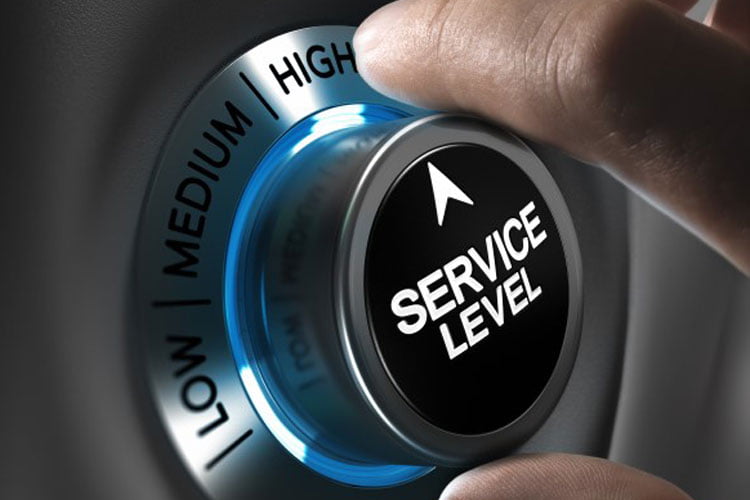
What needs to be checked?
The water pressure and temperature itself just needs to be at the safest levels for the unit to operate. The pressure temperature relief valve must be changed every 5 years, which isn’t a huge deal when you think about it, but in the long term this simple change over helps avoid damaging the unit. The rest of the work on your unit comes down to regularly checking for and correcting any faults that crop up.
Each unit has slightly different requirements and your qualified VIP Plumbing professional will be able to work out what’s required for you. Call 1800 319 522 to book in your next service.
Water Saving Tips
In many parts of the world the heat is very dry and the summer is enduring. So we turn on our air conditioners, consume more water and try and keep our gardens alive. In Australia, the average water consumption is 500 liters per day which puts Aussies among the highest water consumers in the world! With issues of mass population growths in not only Australia but across the Asia-Pacific region, demand for clean, accessible water is ever increasing.
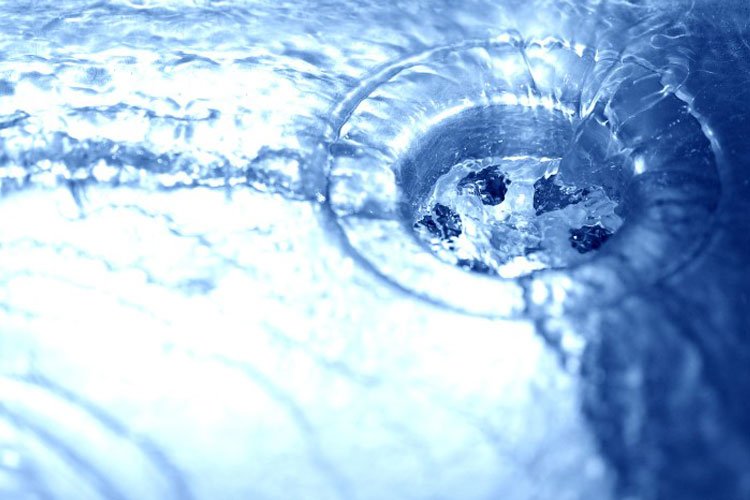
How can we save water?
We can certainly do our bit and save water by taking small steps in the right direction. Here are a few tips worth sharing:
- Fit a water saving shower arm and rose.
- Service your taps.
- Service your toilet cisterns.
- Replace toilets with a dual flush type.
- Fit pressure-reducing valves to water meter and hot water unit.
- Check toilets for leaks and repair or service if necessary.
- Check for evidence of water leaks. When checking for water leaks it is a good idea to firstly check the water meter. If it is turning when water is not being used this can indicate water leakage. Ensure there are no toilet cisterns filling or taps running prior to checking.
Call VIP Plumbing on 1800 319 522 and our team of qualified trained plumbing professionals will provide you with a pipe and leak detection service.
Banging Pipes
Have you ever been in a room where it sounds like a hammer is banging away inside the walls? In the plumbing trade it’s called “Water Hammer”. That banging noise is the pipes reacting when taps are turned on/off quickly or when, for example, the clothes washing machine and dishwashing machines are both turned on at the same time.
Water Hammer can also happen when there’s no noise. The older copper pipes makes the noise, but the modern plastic pipes often make no noise and can mask the problem. It’s easier to detect the issues from the copper pipes because they act as an early warning sign. But in modern day plumbing the plastic pipes are often used (for longevity and durability).
Water Hammer can cause damage to the water plumbing, your taps and your appliances. If pipes burst as a result it, then the damaged pipes cause quite a lot of damage.
Overcoming Water Hammer issues
There are three very good ways to overcome and prevent water hammer in your pipework. They are:
- Place better controls on your High water pressure
- Fit water hammer arrestors.
- Fit air chambers
If you need assistance in your property or building, and are hearing strange noises in your walls, contact VIP Plumbing on 1800 319 522.
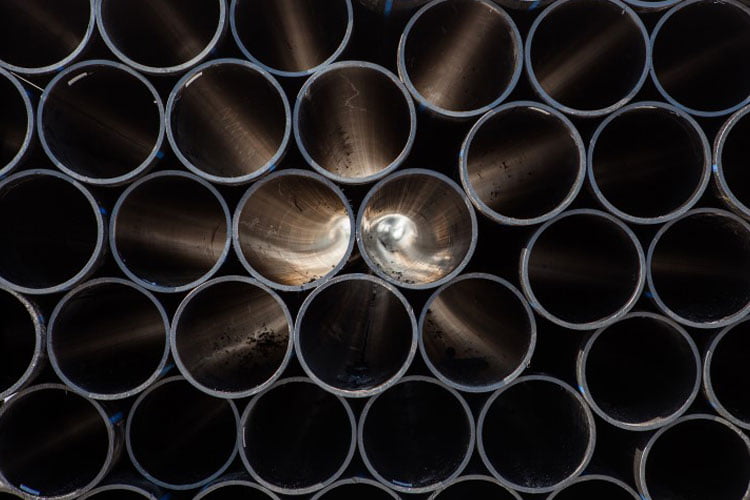
Water Pressure Affects Your Appliances
Did you know that your water pressure affects the life of your appliances? If you have a high level of water pressure for hot &/or cold water you can cause damage to your taps, dishwasher, washing machine, shower heads, pipes and more.
Controlling your pressure
Making sure you have the right amount of pressure will protect your household appliances and other plumbing from causing damage or being damaged themselves. If you install a Controlled Pressure System it’ll be one of the best investments you could make all year.
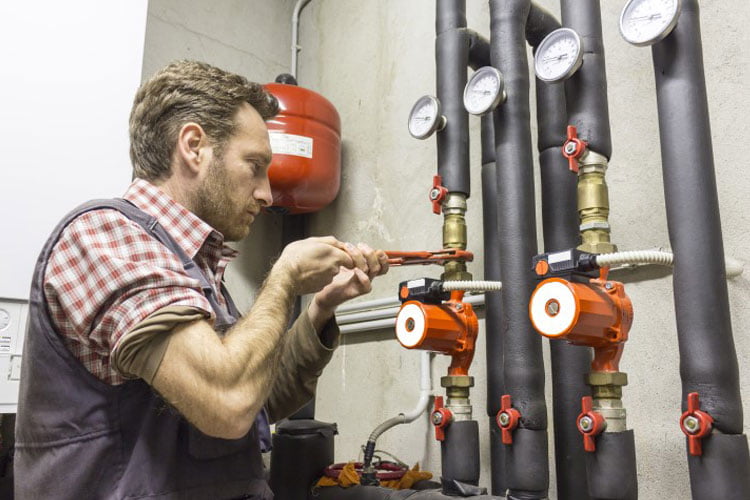
Advantages of a Controlled Pressure System
- Eliminates the need to fit multiple limit valves on single lever taps, ceramic disc taps or appliances.
- Helps to extend the life of your hot water service, the PTR valve of the hot water service and creates an energy saving of up to 5%.
- Reduces the effort to close taps.
- Reduces splash-back situations.
- Extends the life of dishwasher and washing machine hoses.
- Reduces, if not eliminates water hammer.
- Helps to save water.
There are many more good reasons why you should have a Controlled Pressure System. VIP Plumbing recommend valves be fitted only to reduce the high nuisance static pressure while still maintaining a good flow through the valves.
To find out more contact VIP Plumbing on 1800 319 522.
Preventing Backflow
Backflow itself, is the unintended flow or water (or other liquids) from a potentially polluted source into the potable water supply. Backflow prevention is a practise where we put in measures to ensure that the contamination doesn’t happen.There are 2 key terms associated with backflow they are:
- BACKSIPHONAGE -Backsiphonage is when the water flows backwards due to a sudden pressure drop.
- BACKPRESSURE – Backpressure occurs when the outlet (downstream) pressure is greater than the supply pressure.
Determining which of the two apply requires in depth investigation and a trained plumbing professional equipped with the appropriate safety equipment and protocols,
What is potable water?
It’s our drinking water or improved drinking water that’s safe to drink or use in our food preparation. It’s important to keep it clean and clear of any pollutants for our health and safety.
How does backflow effect people?
The mildest form causes us to be extremely ill and depending on the level of pollution, it has been known to be fatal and cause death. Any property that has potable water entering it is classified and treated with a high degree of seriousness when it comes to the backflow contamination risk known as the Hazard Rating.
Choose the best Tradesperson
For your protection it is important that the tradesperson you choose is licensed to carry out the work. Read our article on how to Choose a Real Gasfitter.
For more information call VIP Plumbing on 1800 319 522.
Protecting against backflow
There are three kinds of protection – Containment, Zone and Individual.
Containment Protection
Backflow prevention and protection is provided at the property boundary to protect the water supply from contamination. There are various buildings which have a High Hazard Rating, and they tend to be places such as:
- Hospitals
- Factories
- Clinics
- Sewerage treatments
- Abattoirs
- Universities
Zone Protection
Backflow prevention and protection is provided at the connection to specific sections of water supply within a building or facility. Examples of high risk areas are:
- Drinking troughs
- Commercial laundries
- Dockside facilities
- Dissecting rooms in hospital and medical buildings
- Dental surgeries
Individual Protection
Backflow prevention and protection is provided at individual fixtures. Examples of high risk areas:
- Antibiotic injectors
- Chemical dispensers
- Dental consoles
- Food preparation or food storage tanks
- Caravan parks (soil and waste dump points)
- Steam boilers
- Cooling towers
- Demineralising equipment using ion-exchange resins with alkali regeneration
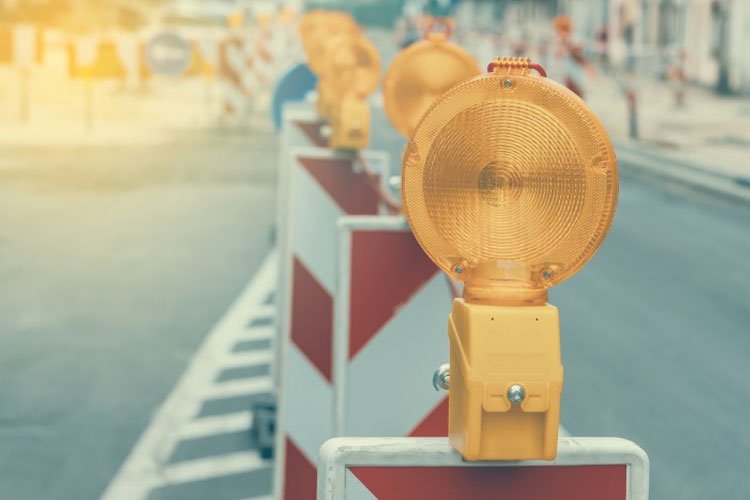
Find a proper Gas Fitter Plumber
Not every plumber is licensed to do gasfitting work. A licensed Gas Fitter is trained and able to work on your gas related service so make sure you always used them for any installations, repairs or renovations involving gas.Licensed Gas Fitters install hot water systems and heaters, disconnect, reconnect and relocate all gas appliances. They also meet the relevant training, testing and safety knowledge in order to become a licensed Gas Fitter.
DONT Do-it-Yourself
Don’t be tempted to do it yourself or to use a tradesperson without specialist gas knowledge to work on your gas services. It’s dangerous and can lead to serious injury.
Licensed Gas Fitters
A licensed Gas Fitter will ensure your work is carried out to the highest level and ensure the safety for the residents within the building.
To be a licensed gasfitter, a plumber must have done the appropriate training to complete gas work safely, have competency testing and qualify for the upkeep of their registration with the Plumbing Industry Commission. Most importantly, licensed gasfitters must hold insurance which gives a 10 year protection on the work they perform.
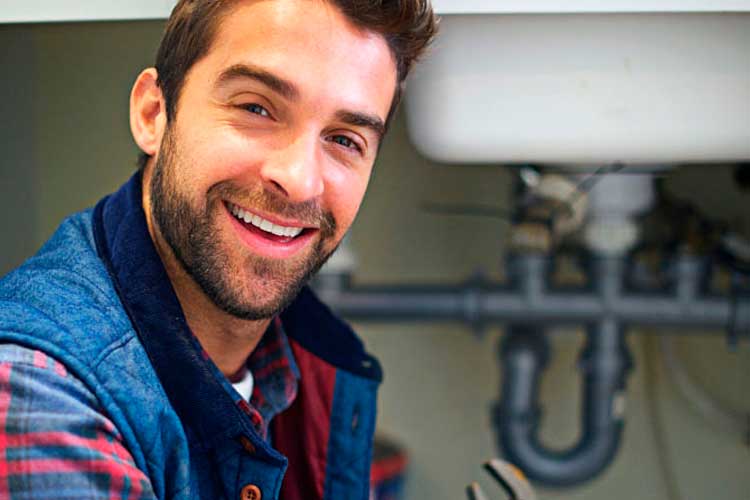
How to spot a Gas Fitter Plumber
A REAL plumber carries a licence and will give you a Compliance Certificate at the end of any job costing $500 or more (includes parts and labour).
This certificate protects you against any defective workmanship by the licensed plumber. A licensed plumber must fix any problem without further charge.
Ten year protection guarantee
Every licensed plumber must be covered by insurance (with some limitations) for workmanship for 10 years, so even if your plumber is unable to fix any defective work, you can still have the repairs fixed at no cost to you.
Ask for Identification and look at it!
A licensed plumber carries an official identity card which can be shown to you. Most professionals will offer it up for you look at, but in some cases, you may have to ask for it. If you find a plumber you have called for a service doesn’t have the proper identification, then they are clearly not qualified to carry out work to your building or property and ensure the safety of its residents.
The identification card lists the particular areas of plumbing the holder is qualified to work in (eg. draining, roofing, sanitary).
Remember, good plumbers are proud to show you they stand by their work.

